-
Casinos for you
Elon Musk's Craziest Gambles
By Shane Addinall Apr 21, 2022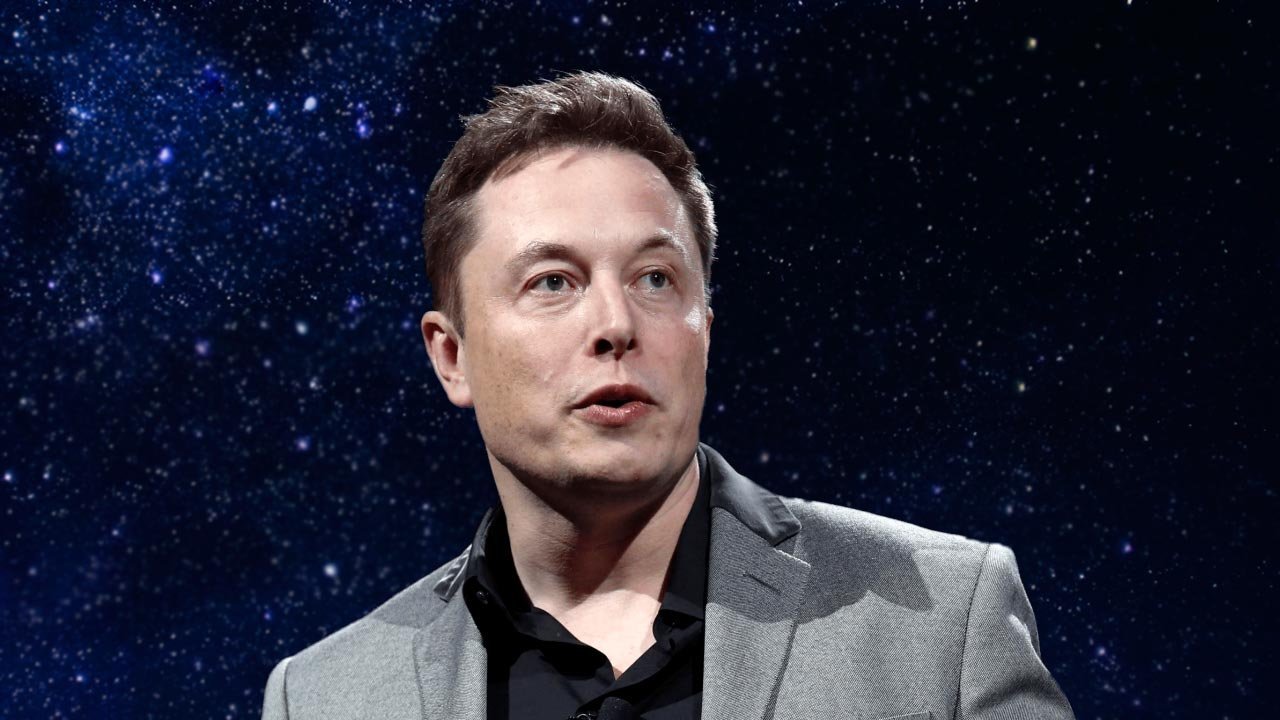 Some argue that stock-market trading equals gambling, and perhaps entrepreneurial ventures could fall into the same risk category. Elon Musk has taken quite a few risky plunges, but many paid off handsomely, and we're discussing these crazy bets.
Some argue that stock-market trading equals gambling, and perhaps entrepreneurial ventures could fall into the same risk category. Elon Musk has taken quite a few risky plunges, but many paid off handsomely, and we're discussing these crazy bets.Business and gambling aren't terms many combine when referring to success, but Elon Musk isn't like most in more ways than one. The Tesla co-founder is known as a serial entrepreneur who takes massive risks with his business ventures.
Despite his critics' lack of faith or vision, the outcomes of Elon Musk's business gambles prove he knows how to play the game. And he is playing it right.
What makes his bets so interesting is the variety of games he plays, and his best bets include, among others, financial solutions, alternative energy, AI cures for degenerative diseases, space travel, and, most recently, social media. His wealth comes from a list of successful business ventures that include startups and ideas way ahead of their time.
Let's dive into the craziest wagers he's made and unpack numerous decks initially stacked against the multi-billionaire. We also look at some plays where the dealer still needs to reveal their cards.
 Big Bets
Big Bets
After completing university qualifications in Pennsylvania, Musk, his brother, and a partner founded Zip2 through angel investor funds. The city guide and maps company changed hands via M&A deals, eventually leaving Musk with his share of a $22 million buy-out in 1999.
He gradually built an empire from this success, increasing his stakes with every opportunity. His business success proves the importance of knowing which hand to hold, raise, or fold.
✓ X.com and PayPal
 Many may not know this about Elon Musk, but he co-founded one of the first federally insured online banks called X.com. Following the success of Zip2, Musk moved into the financial services sector, and this bet eventually made him part of the PayPal Mafia. During its first couple of years, there were intense political struggles in the company, and following its first 200,000 sign-ups, the board voted against Musk as CEO.
Many may not know this about Elon Musk, but he co-founded one of the first federally insured online banks called X.com. Following the success of Zip2, Musk moved into the financial services sector, and this bet eventually made him part of the PayPal Mafia. During its first couple of years, there were intense political struggles in the company, and following its first 200,000 sign-ups, the board voted against Musk as CEO.
As an initial funder of the company and its biggest shareholder, Musk stepped up as CEO once more when X.com merged with its biggest competitor, Confinity. This was short-lived as the board ousted him again, and Peter Thiel replaced him as CEO. Confinity owned a product named PayPal, which allowed PalmPilot owners to send money via infrared ports. As we know, this technology expanded to include email and web transfers worldwide.
With Thiel as the leader, the new board renamed the company PayPal in 2001. One year later, eBay acquired PayPal for $1.5 billion, and Musk received $175.8 million for his 11.72% shares in the business. Many of the founders became giants in the tech world, and they dubbed this group the PayPal Mafia.
Fifteen years after the sale, Musk purchased the X.com domain from PayPal for an undisclosed amount, claiming it had sentimental value.
✓ SpaceX
 With no time to count his gains, Musk moved on to his next bet upping the ante and triggering many negative responses. Two decades later, the man is one of the greatest visionaries, but most thought he was mad. In March 2002, Musk founded his own privately-owned aerospace company, SpaceX.
With no time to count his gains, Musk moved on to his next bet upping the ante and triggering many negative responses. Two decades later, the man is one of the greatest visionaries, but most thought he was mad. In March 2002, Musk founded his own privately-owned aerospace company, SpaceX.
Musk commenting about the mission of SpaceX said:
"You want to wake up in the morning and think the future is going to be great – and that's what being a spacefaring civilisation is all about. It's about believing in the future and thinking that the future will be better than the past. And I can't think of anything more exciting than going out there and being among the stars."
True to his pedantic nature, Musk stated that SpaceX would decrease the cost of space travel by a factor of ten. After failing to purchase refurbished rockets in Russia, the visionary plotted how he could manufacture his own rockets at a fraction of the cost of traditional spacecraft.
Much to his critics and competitors' disgust, Musk's SpaceX is an enormous success story in the aerospace industry. Valued at $74 billion in April 2022, SpaceX successfully launched satellites with reusable rockets and outperformed NASA with innovative engineering.
Their current focus is on Starship, the first all-purpose space vehicle. Musk seems willing to go all-in on the fact that it will reach orbit this year.
✓ Tesla
Musk currently holds the position of Tesla's CEO and leads all product designs, engineering, and global manufacturing. He staked $6.5 million in the automotive and clean energy company in 2004, becoming the biggest shareholder and chairman.
Five years later, the company produced its first electronic car, the Tesla Roadster. Since its inception, Tesla has released seven electronic vehicles ranging from low-priced to high-end sports models.
The engineers who founded Tesla believed that it isn't necessary to compromise to drive an electric car. Musk agreed and, since stepping up as the company's CEO in 2008, made bold bets that mostly landed in his favour. Less than two decades after his gamble on futuristic engineering and electric cars, Tesla boasts a net worth of $58 billion.
 Musk attests to the risk he took when moving into a highly saturated automotive industry and following many who failed in the Electric Vehicle mass-market.
Musk attests to the risk he took when moving into a highly saturated automotive industry and following many who failed in the Electric Vehicle mass-market.
Today the Tesla Model 3 holds the record as the top-selling electric vehicle, and thanks to big gambles made by Musk, the company's portfolio includes other renewable energy subsidiaries. With their sights set on clean energy and transport, Tesla acquired battery production companies, built the Gigafactory, and bet on solar energy products.
✓ SolarCity and Tesla Energy
In April 2015, Elon Musk announced the launch of their home energy storage system, Powerwall, and Tesla Energy came into existence. The clean energy subsidiary of Tesla develops, manufactures, sells, and installs photovoltaic solar energy generation systems, battery energy storage, and related renewable energy products.
The following year, Musk would stack his chips to the value of $2.6 billion in a highly debated acquisition.
While attending to his duties as CEO of Tesla and managing his aerospace dream, Musk and his partners at Tesla broadened their sustainable energy horizons. In 2016, Tesla gained a residential solar company, SolarCity. Musk bet on a family business as SolarCity founders Peter and Lyndon Rive are cousins of Musk. Perhaps, taking a significant gamble on the blind.
At the time of acquisition, SolarCity had installed over 325,000 solar energy systems throughout the US based on a popular leasing system. Unfortunately, the company had $1.5 billion in debt, although it was the largest residential installer in the States. The contentious acquisition had Musk in hot water and shareholders up in arms.
Since the controversial buy-out of SolarCity, Tesla Energy rolled out its solar roof and solar inverter and underwent a business model shift. The company focuses on making its systems the most economical in the market, and from 2021, customers need to purchase a Powerwall if they have a solar roof or inverter installed. Since then, the business increased installations by 68% from 2020 and deployed 32% more battery energy storage products.
✓ Gigafactory
 One of Elon's biggest gambles to date is the $5 billion investment in the mammoth lithium-ion battery plant. Gigafactory, named for its sheer size, had critics calling Musk's bluff while others admired his audacity. With Tesla's mission to accelerate the adoption of sustainable energy solutions and offer affordable electric vehicles (EV), they need to increase their production.
One of Elon's biggest gambles to date is the $5 billion investment in the mammoth lithium-ion battery plant. Gigafactory, named for its sheer size, had critics calling Musk's bluff while others admired his audacity. With Tesla's mission to accelerate the adoption of sustainable energy solutions and offer affordable electric vehicles (EV), they need to increase their production.
This motif drove the development and completion of the Nevada Gigafactory. The intention is for the factory to supply enough batteries to support the production of 500,000 EVs per year and produce Model 3 vehicles. Musk explained that this number exceeded the sum of all the EV productions throughout the world. The facility reached completion in the past month as the Tesla CEO cut the red ribbon for opening the largest factory in the world.
Since the Gigafactory announcement in 2014, Tesla opened smaller Giga branches throughout the globe, and today the company produces more batteries than any of its competitors. Nevada's 1.9 million square foot factory is a self-contained energy facility producing its renewable energy sources and is a net-zero energy factory.
 Bets on the Future
Bets on the Future
The big difference between gambling and business ventures is that gambles have much shorter waiting periods before you find out whether you go bust or take the pot home.
As the famous country song says, the secret to survivin' is knowin' what to throw away and knowin' what to keep.
The Tesla CEO has a knack for risky bets, and so far, it seems like he's been right on the money. We await the results on some of his gambles as they are 'works in progress'. With Tesla finally ready to scale up as its Gigafactory opens its doors, we believe the following projects may enjoy a gear change too.
✓ Hyperloop and The Boring Company
What started as one of Musk's imaginative "wouldn't it be cool" ideas turned into a new possibility of public transport. In 2013 Musk announced a dream of creating a vacuum-tube train system with costs cheaper than other modes of transportation.
This may have sprouted the launch of The Boring Company in 2016. Although the vactrain does not exist yet and large companies like Virgin are chasing Musk's dream, The Boring Company works on more straightforward projects like digging tunnels. The company aims to create detours and faster routes with underground tunnel networks to solve 'soul-destroying traffic'.
✓ AI
 Elon unveiled that Tesla is working on a robot and the Tesla Bot project is the most important one for the EV company this year. Musk believes they can only solve the autopilot conundrum when real-life AI is a reality. According to its CEO, the company aims to have a bi-pedal, humanoid robot available in 2022. Essentially, the robot will be capable of performing tasks that may be unsafe, repetitive, or boring.
Elon unveiled that Tesla is working on a robot and the Tesla Bot project is the most important one for the EV company this year. Musk believes they can only solve the autopilot conundrum when real-life AI is a reality. According to its CEO, the company aims to have a bi-pedal, humanoid robot available in 2022. Essentially, the robot will be capable of performing tasks that may be unsafe, repetitive, or boring.
The development is quite interesting as Musk is known for his warnings against AI and robots specifically. Yet, he champions the Tesla Bot project and insists the company invests heavily in this project.
This is not the only stake he has in Artificial Intelligence, though. Musk co-founded a neurotechnology startup in 2016, Neuralink. Musk described the work as a "Fitbit in your skull" and introduced one of the early devices in 2020, and explained how the technology might soon cure paralysis and other neurological disabilities.
Although neuroscientists criticise the claims and call them highly speculative, Musk remains hopeful about linking their technology with the brain and changing lives in the process.
 A Revolutionary Mind
A Revolutionary Mind
Whether you agree with his crazy ideas or not, Elon Musk's track record shows how brilliant and reckless he can be. Some of his insane ideas pay massive dividends, while others come back to bite him years later.
One thing is certain - the 21st century would be a lot more monotone without his revolutionary mind. Considering the billions of dollars he has to back his ideas, we are bound to see more gambling from the billionaire.
Tags
Related Blog Posts
-
CASINOS
- Popular
- Specialty
- Features
- Casinos By
-
BONUSES
- Popular
- By Type
-
GAMES
-
Slots
- Popular
- By Software
- Variations
- Features
-
Blackjack
- Popular
- Variations
- Features
-
Roulette
- Popular
- Variations
- Features
-
Video Poker
- Popular
- Variations
- Features
-
Craps
- Popular
- Features
-
Baccarat
- Popular
- Features
-
Poker
- Popular
- Variation
- Features
-
More Games
- Keno
- Bingo
- Fixed Odds
- Other Games
-
JACKPOTS
- Popular
- By Game
- By Software
-
COMMUNITY

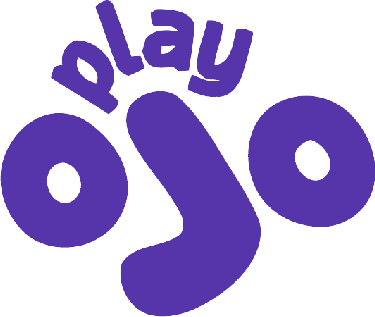
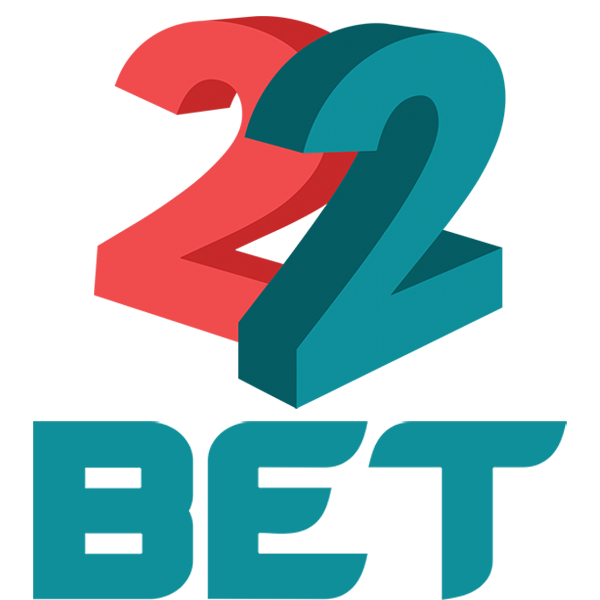
.png.0f651d9e8ab97819d8e6bcc89d162b26.png)



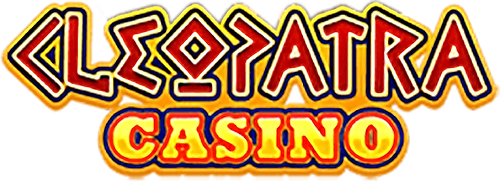



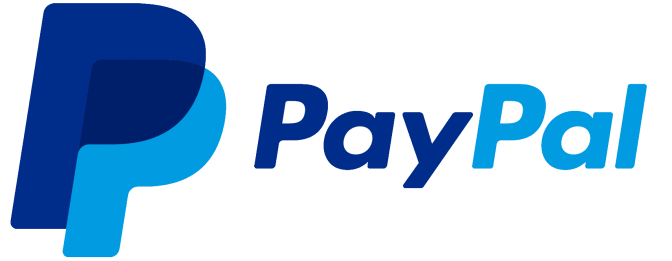 Many may not know this about Elon Musk, but he co-founded one of the first federally insured online banks called X.com. Following the success of Zip2, Musk moved into the financial services sector, and this bet eventually made him part of the
Many may not know this about Elon Musk, but he co-founded one of the first federally insured online banks called X.com. Following the success of Zip2, Musk moved into the financial services sector, and this bet eventually made him part of the 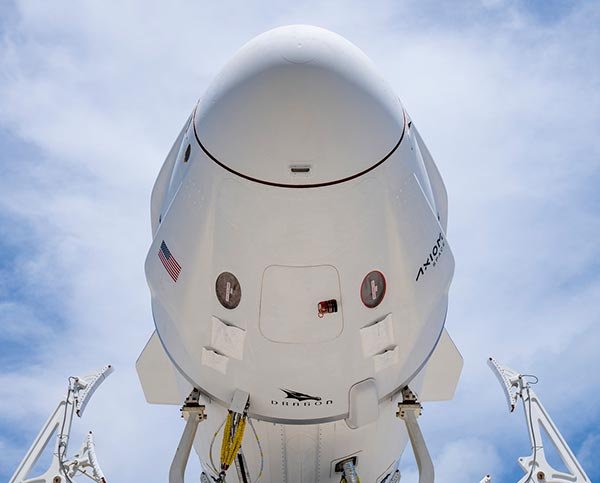 With no time to count his gains, Musk moved on to his next bet upping the ante and triggering many negative responses. Two decades later, the man is one of the greatest visionaries, but most thought he was mad. In March 2002, Musk founded his own privately-owned aerospace company, SpaceX.
With no time to count his gains, Musk moved on to his next bet upping the ante and triggering many negative responses. Two decades later, the man is one of the greatest visionaries, but most thought he was mad. In March 2002, Musk founded his own privately-owned aerospace company, SpaceX.
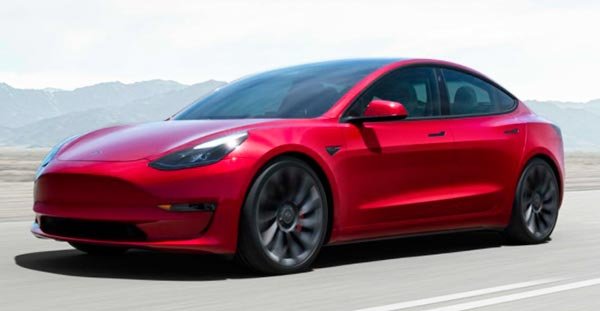 Musk attests to the risk he took when moving into a highly saturated automotive industry and following many who failed in the Electric Vehicle mass-market.
Musk attests to the risk he took when moving into a highly saturated automotive industry and following many who failed in the Electric Vehicle mass-market.
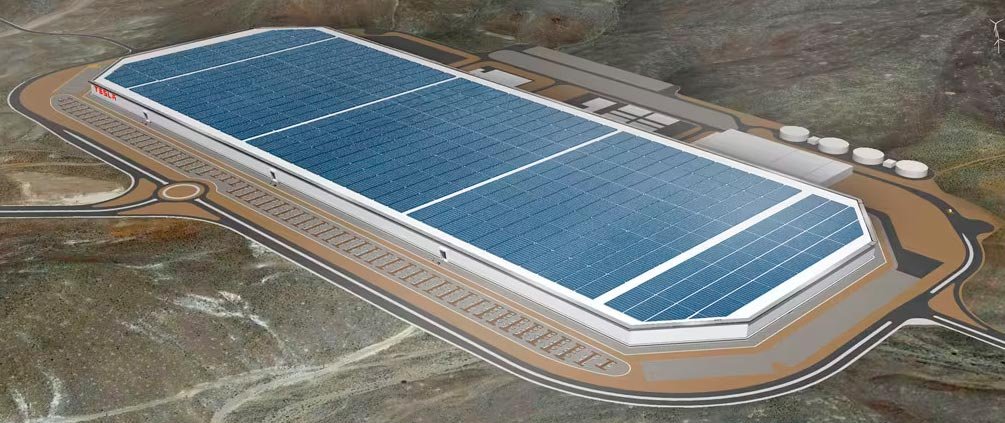 One of Elon's biggest gambles to date is the $5 billion investment in the mammoth lithium-ion battery plant. Gigafactory, named for its sheer size, had critics calling Musk's bluff while others admired his audacity. With Tesla's mission to accelerate the adoption of sustainable energy solutions and offer affordable electric vehicles (EV), they need to increase their production.
One of Elon's biggest gambles to date is the $5 billion investment in the mammoth lithium-ion battery plant. Gigafactory, named for its sheer size, had critics calling Musk's bluff while others admired his audacity. With Tesla's mission to accelerate the adoption of sustainable energy solutions and offer affordable electric vehicles (EV), they need to increase their production.
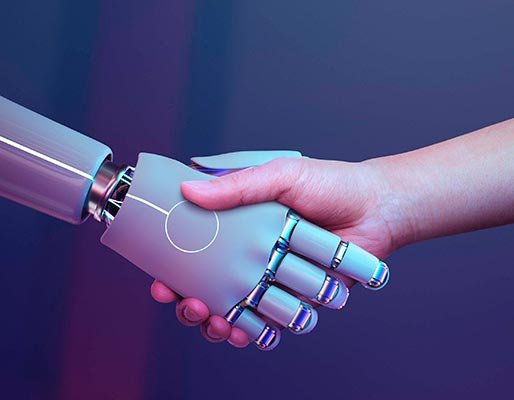 Elon unveiled that Tesla is working on a robot and the Tesla Bot project is the most important one for the EV company this year. Musk believes they can only solve the autopilot conundrum when real-life AI is a reality. According to its CEO, the company aims to have a bi-pedal, humanoid robot available in 2022. Essentially, the robot will be capable of performing tasks that may be unsafe, repetitive, or boring.
Elon unveiled that Tesla is working on a robot and the Tesla Bot project is the most important one for the EV company this year. Musk believes they can only solve the autopilot conundrum when real-life AI is a reality. According to its CEO, the company aims to have a bi-pedal, humanoid robot available in 2022. Essentially, the robot will be capable of performing tasks that may be unsafe, repetitive, or boring.
.jpg.0f083fed53833a901d7e4f85850a3502.jpg)


.jpg.6b9828f10acec861aa6d7ecd9550803e.jpg)



.jpg.80608d000033788c9aa397d7b5489349.jpg)

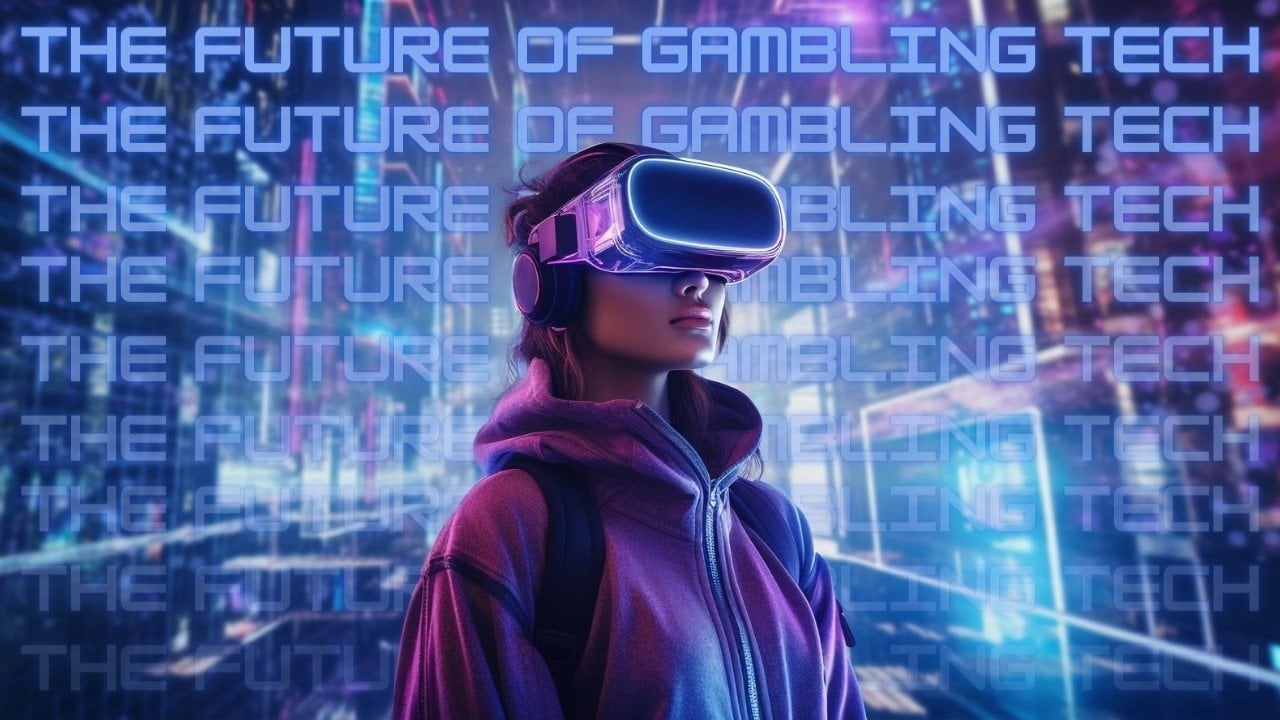

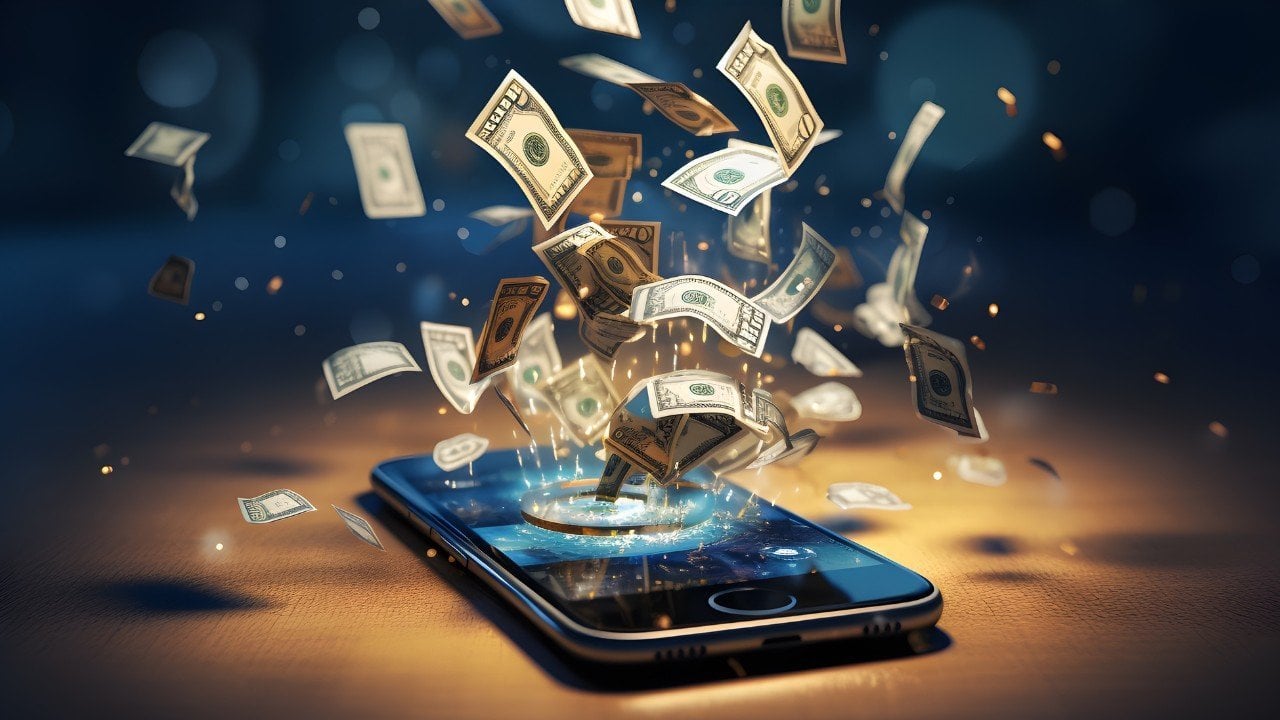
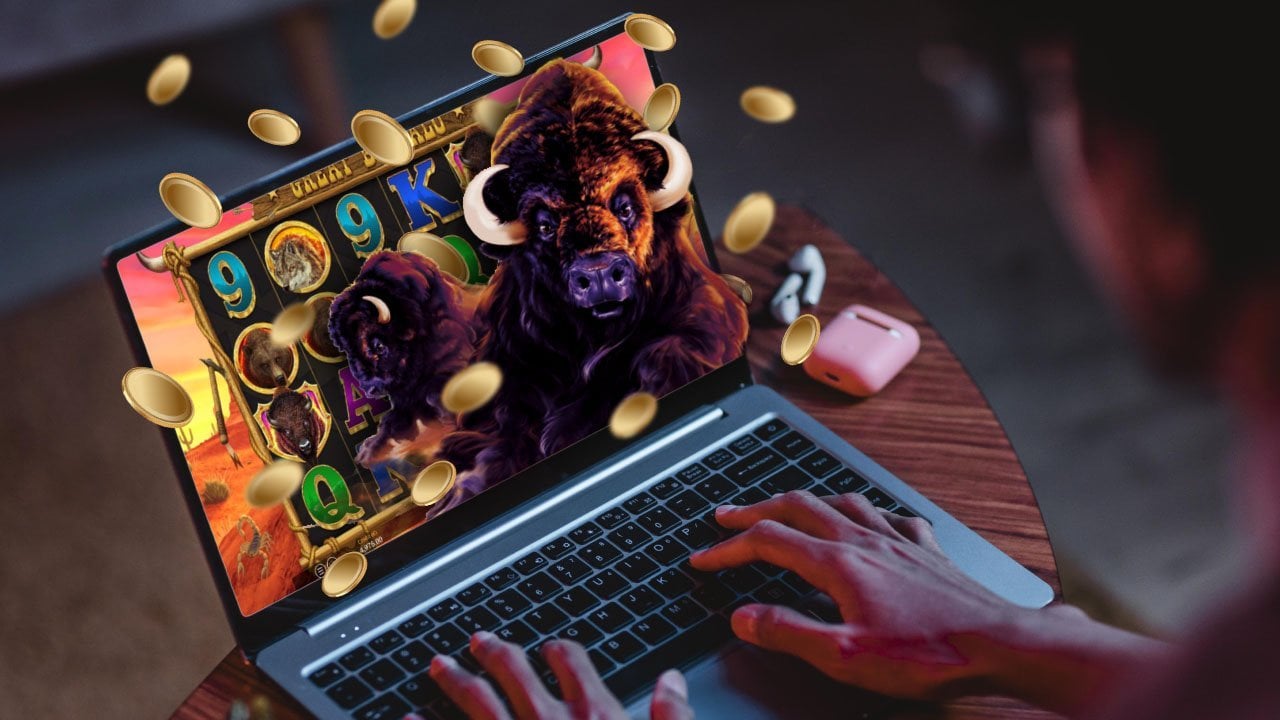
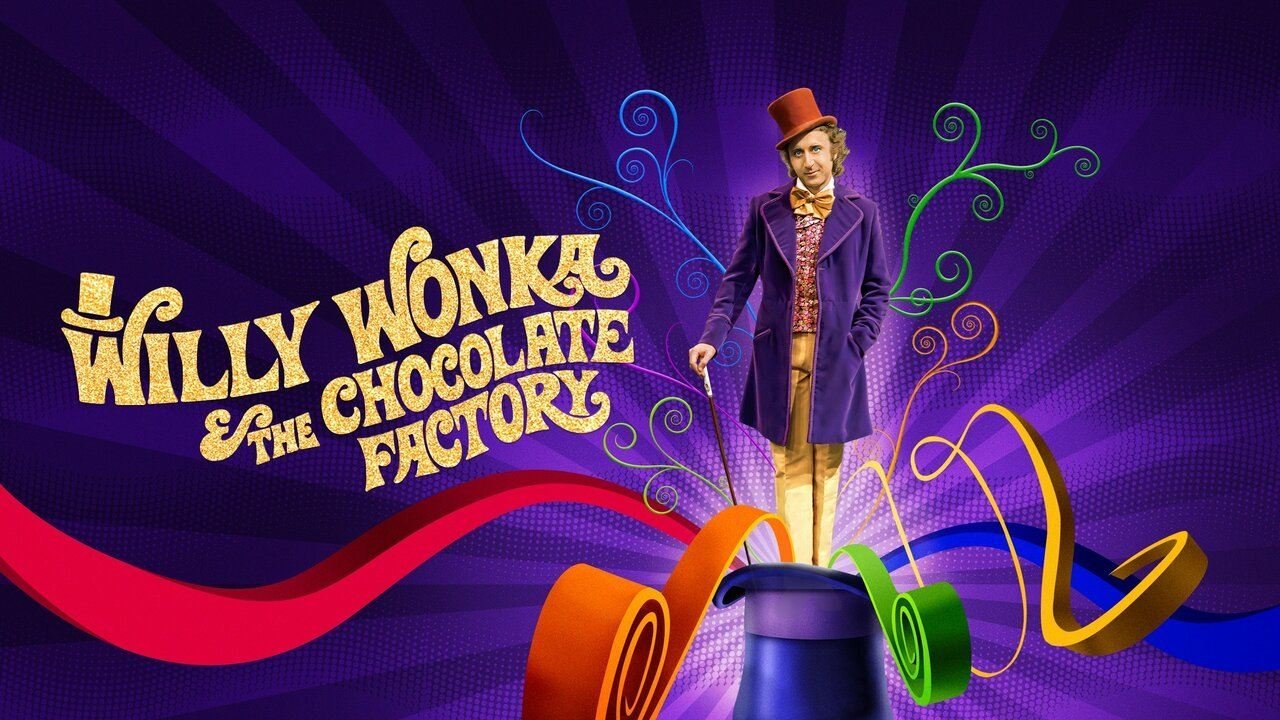
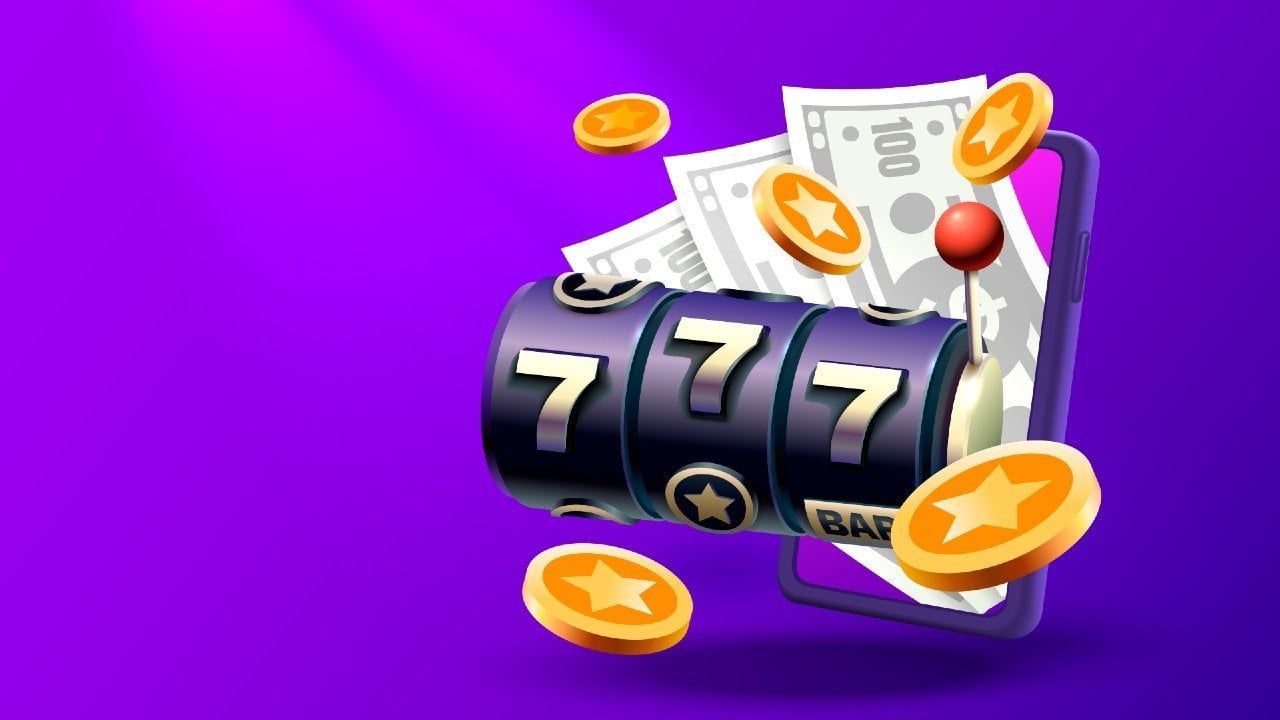
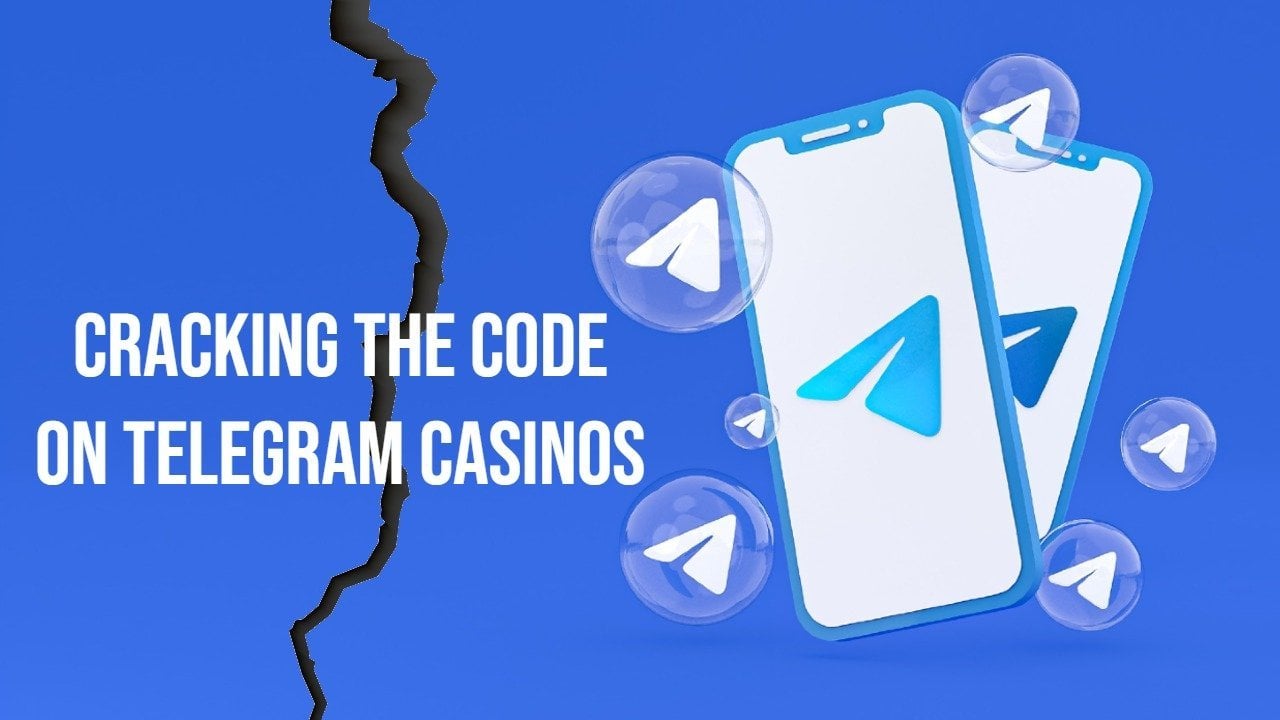
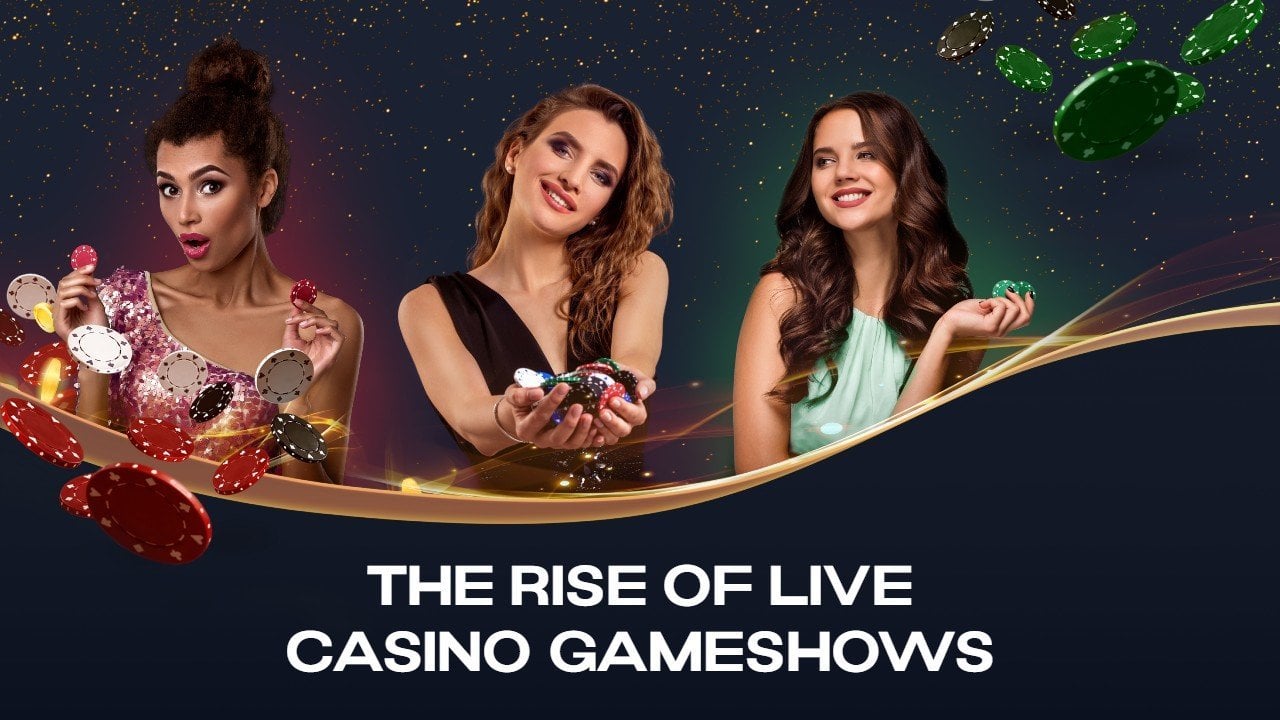
.jpg.6b9828f10acec861aa6d7ecd9550803e.jpg)
![Gauging Investors’ Stock Market Knowledge [Survey]](/uploads/monthly_2021_09/stock-market-smarts-header.jpg.ed9e6b59e99212d460da620a6bcb5d24.jpg)
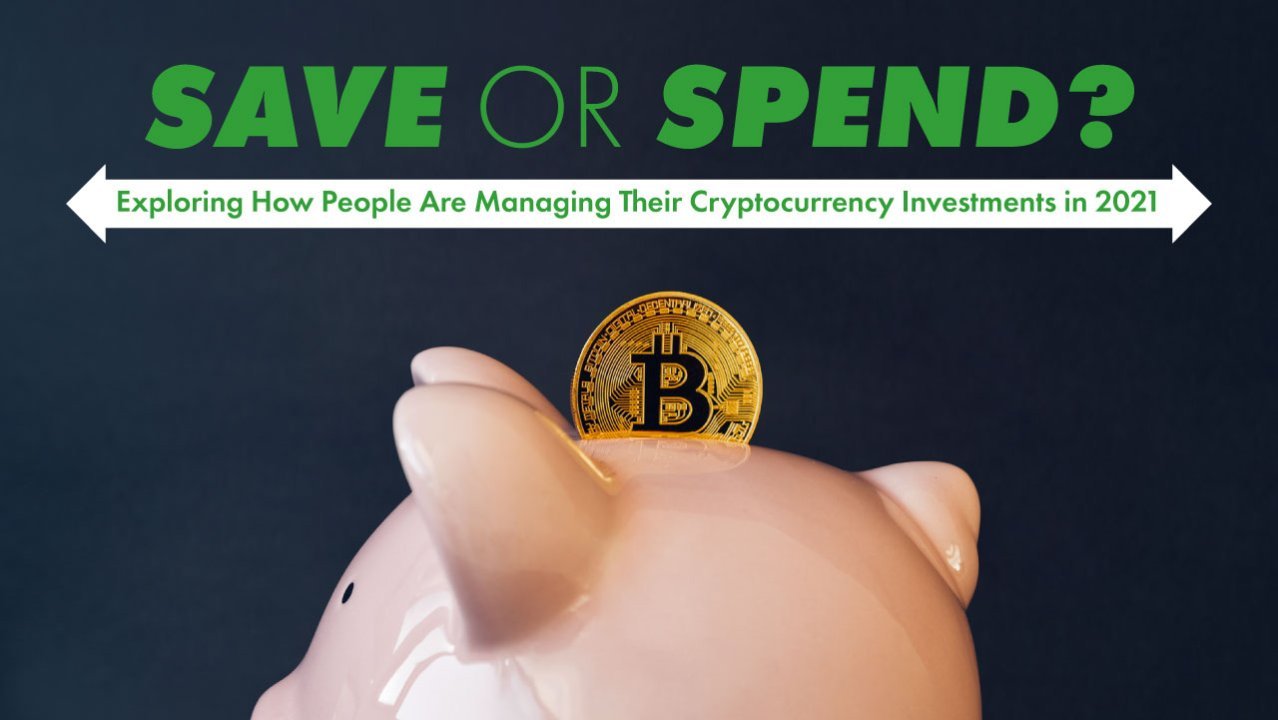


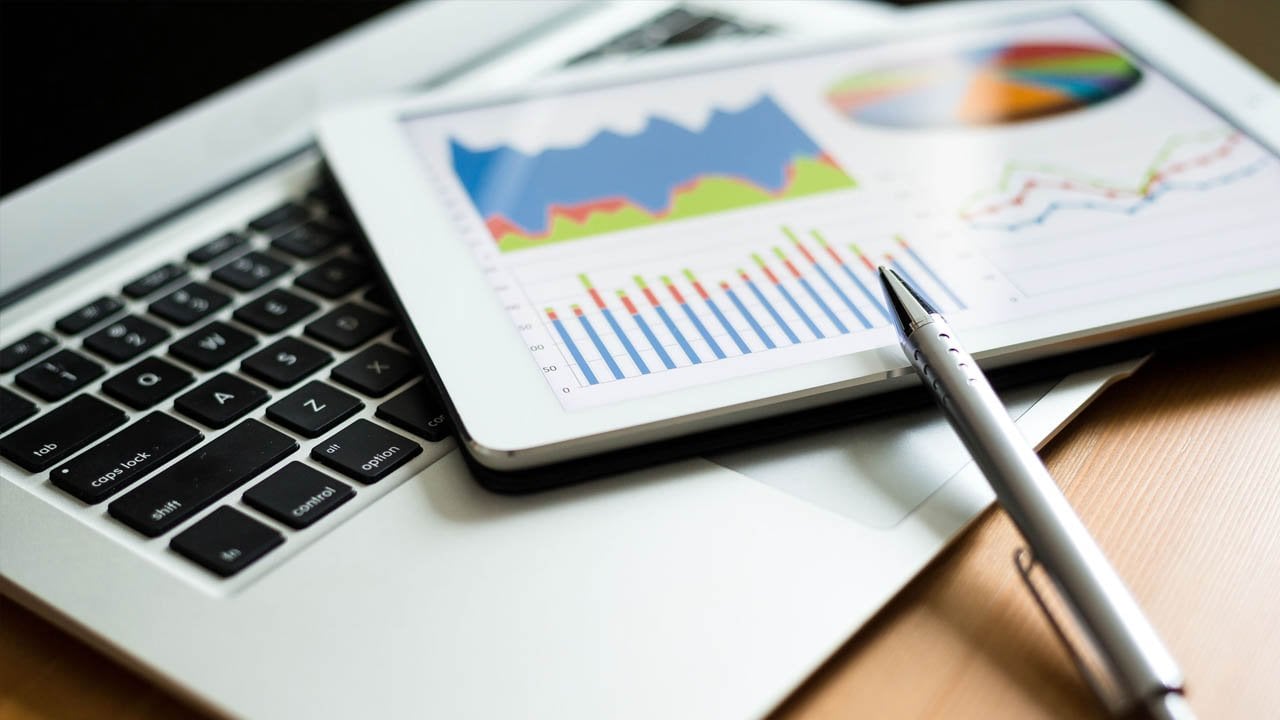
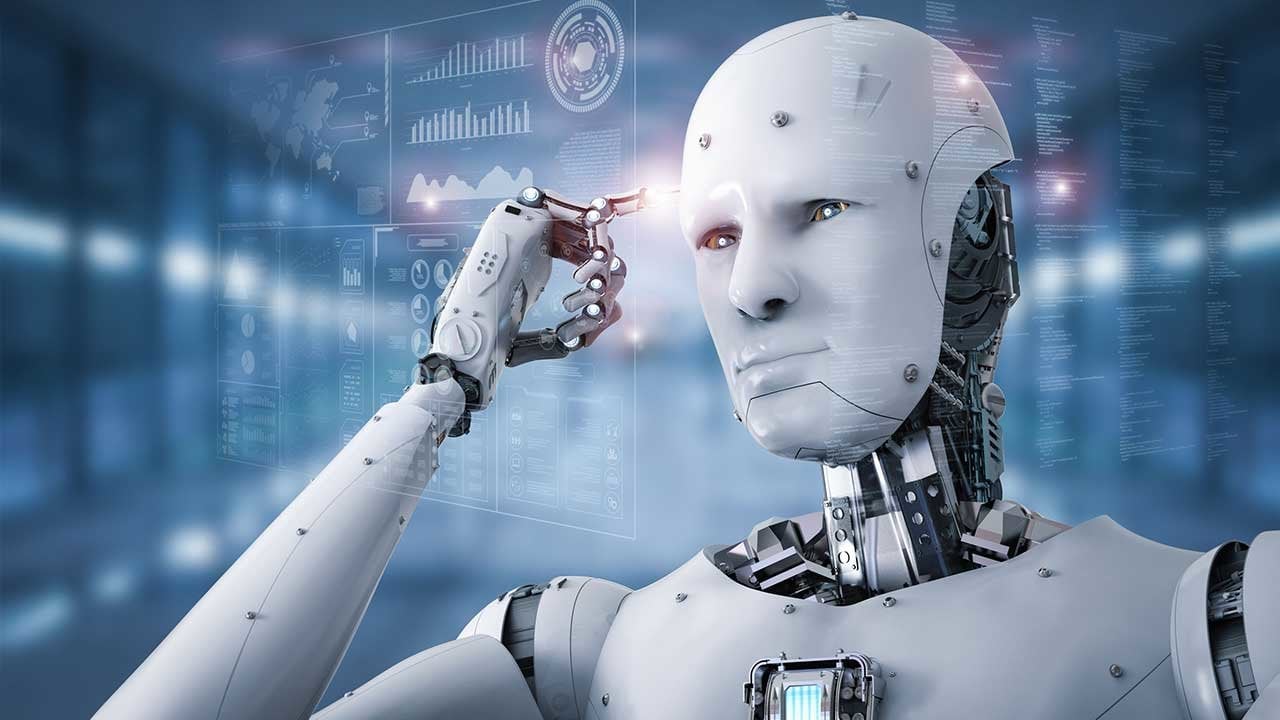
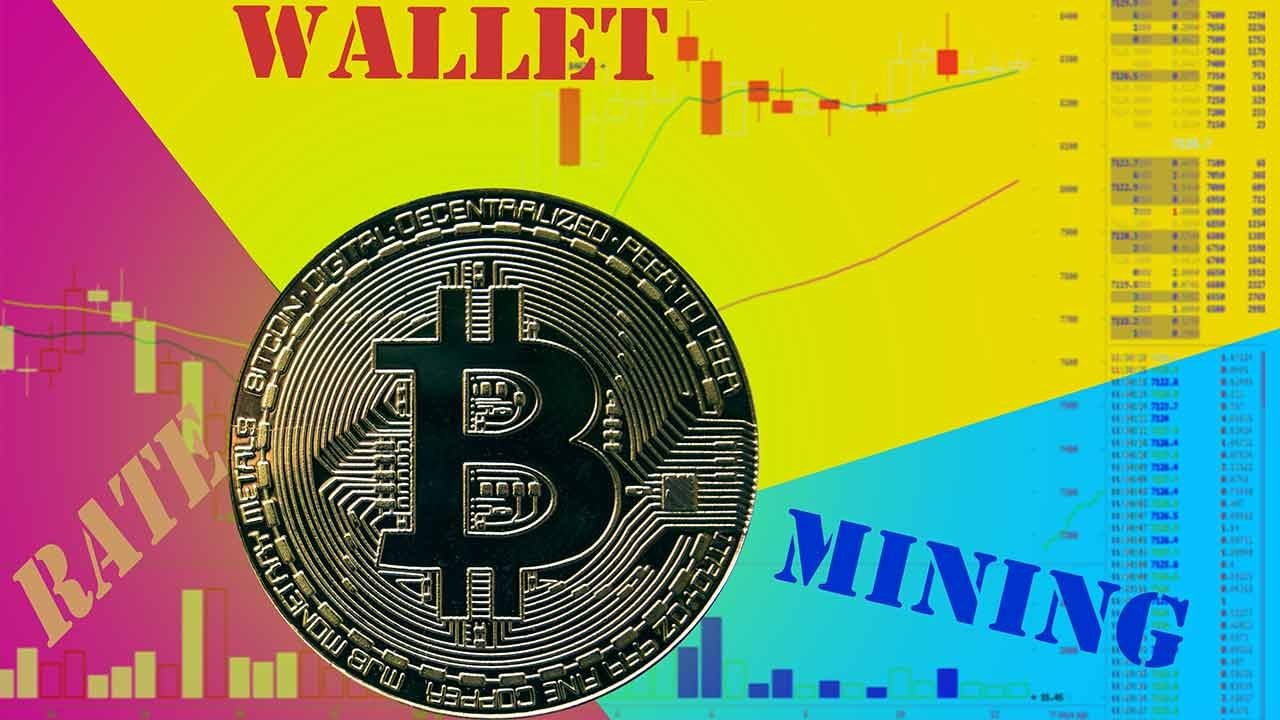
Recommended Comments
There are no comments to display.
You can post now and register later. If you have an account, sign in now to post with your account.
Note: Your post will require moderator approval before it will be visible.
Write a comment